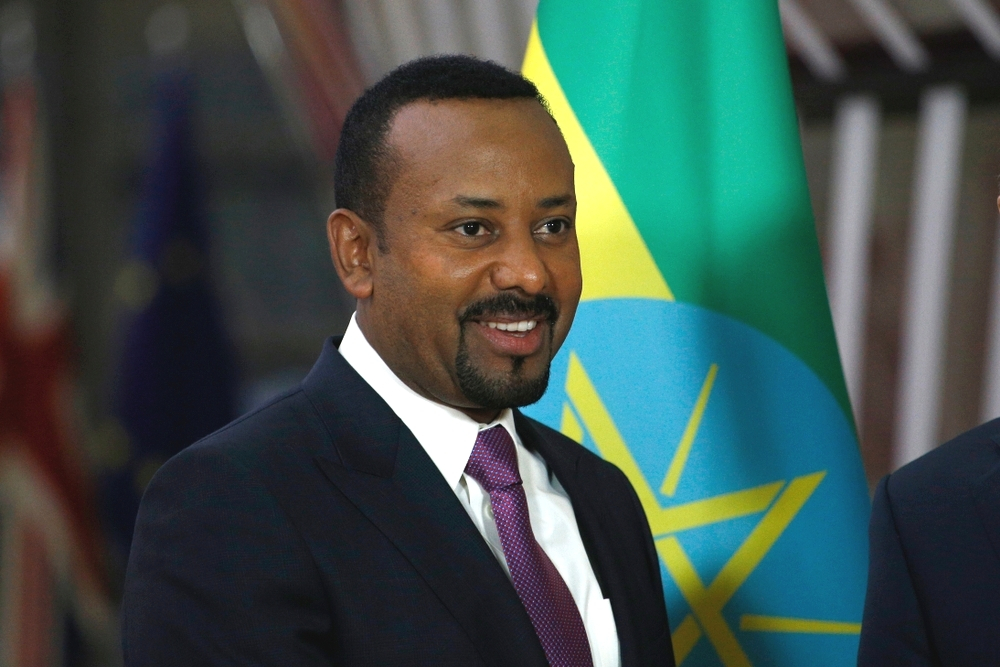
Practical information
Since taking over as head of the Ethiopian government in April 2018, Abiy Ahmed has increased his openness: the lifting of the state of emergency, the release of political prisoners, the announcements of economic openness and privatization of national enterprises. Regarding foreign policy, Abiy Ahmed surprisingly initiated a historic rapprochement with Eritrea.

As Ethiopia was stranded in a severely repressed wave of protests with unprecedented scale and duration, the new government seems to break the circle of violence and raises tremendous hopes. Regarding the economic situation, the international media portrays an "African tiger" with spectacular growth rates, engaged in a promising privatization process. But what is really going on behind these signs of openness? To what extent do they promise a profound change? In which direction is the State of Ethiopia heading? The situation is all the more uncertain as inequalities and tensions persist in the country. This conference questions the current period of reorientations of the Ethiopian state, in political and economic terms.
14h-16h What political openness?
René Lefort, Journalist and Independent Researcher
Merera Gudina, Associate Professor, University of Addis Ababa and Chairman, Oromo Federalist Congress
Mehdi Labzaé, Researcher, University Paris 1, Panthéon-Sorbonne
16h15-18h30 Towards neoliberal Ethiopia?
Olivier Poujade, President of EAGate Holdings SAS and co-founder of East Africa Gate, Vice President of the French Business Club in Ethiopia
Edegilign Hailu Woldegebrael, Researcher, Paris-Nanterre University
Sabine Planel, Researcher, Institute of Research for Development, Institute of African Worlds
Chair: Clélie Nallet, Researcher, Ifri
The conference will be in French and in English with a translation from French into English
Other events

EV Supply Chains for Japan and Europe: Strengthening Economic Security
Economic security aims to ensure the resilience of supply chains for key industries: the case of electric vehicle production in Japan and Europe will be discussed.

From Ambition to Action: Exploring Technological Partnerships with India
The 16th EU-India Summit, held on January 27th in New Delhi with European leaders António Costa, Ursula von der Leyen, and Prime Minister Narendra Modi, marks a significant milestone in deepening EU-India relations. At the same time, official bilateral visits from EU member states are on the rise, including that of the French President, who visited India in February to participate in the Artificial Intelligence Summit. As India asserts its technological ambitions and seeks to reduce its dependence on China, Europe is stepping up its efforts to diversify its strategic partnerships.






